Do you have a strong interest in English and enjoy teaching people what you know? If so, a job as an English teacher might be ideal for you. In addition to giving children a chance to improve their language skills, you’ll also have the opportunity to influence their lives positively. However, particular skills, qualifications, and experiences are needed to become an English teacher.
In this article, we’ll provide step-by-step instructions on becoming a successful English teacher. We’ll cover all you need to know to launch your English teaching profession, from the required training and qualifications to helpful teaching guidance. In order to take the first step toward being a good English teacher, let’s get started now.
7 Efficient Steps to Becoming a Successful English Teacher
Quick Navigation
So without wasting time, let’s have a look at the 7 efficient steps to becoming a successful teacher in the English language.
1. Education and Qualifications

Education and qualifications are essential first steps in beginning a career in this sector. A bachelor’s degree in English or a similar discipline is typically required to teach English and other sectors as well. Additionally, some educational institutions may ask you to show a teaching license or certificate before appointing you to their institutions. That’s why it’s important that you choose a renowned program or organization to achieve these qualifications because it may affect both your employment chances and the quality of your education.
It’s also important to consider all available financial aid opportunities, including student loans, grants, and scholarships, to help sustain education and training costs. A job as an English teacher can also be prepared for by getting real-world experience through student teaching, tutoring, or other teaching-related professions.
Ultimately, acquiring the proper education and qualifications to teach English is a substantial investment in your career. It can help you get started along the road to becoming a fruitful and successful English teacher.
2. Classroom Management and Lesson Planning
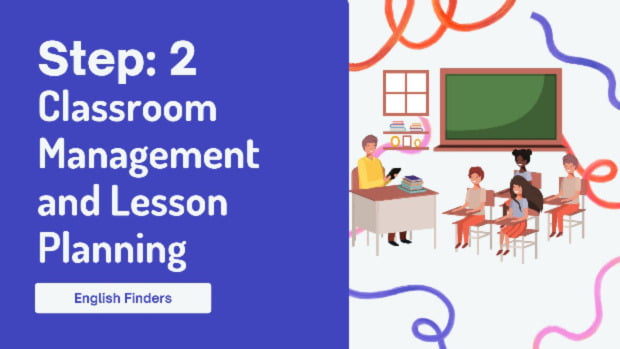
English teachers must possess strong organizational and administrative skills in order to provide a conducive learning environment for their students. English teachers must thoroughly understand the curriculum and standards they are required to teach to develop engaging and successful lesson plans. They should be adept in developing differentiated lesson plans that cater to various learner types’ needs.
Being successful as an English teacher also depends on strong classroom management abilities, such as setting expectations and upholding a healthy learning environment. This entails establishing a secure, welcoming environment where pupils are treated with respect and value.
A productive learning environment can be maintained by employing tactics for controlling disruptive behavior and disagreements between students. English teachers may foster a learning atmosphere where students are motivated to study and can succeed academically by honing these skills.
3. Classroom Environment
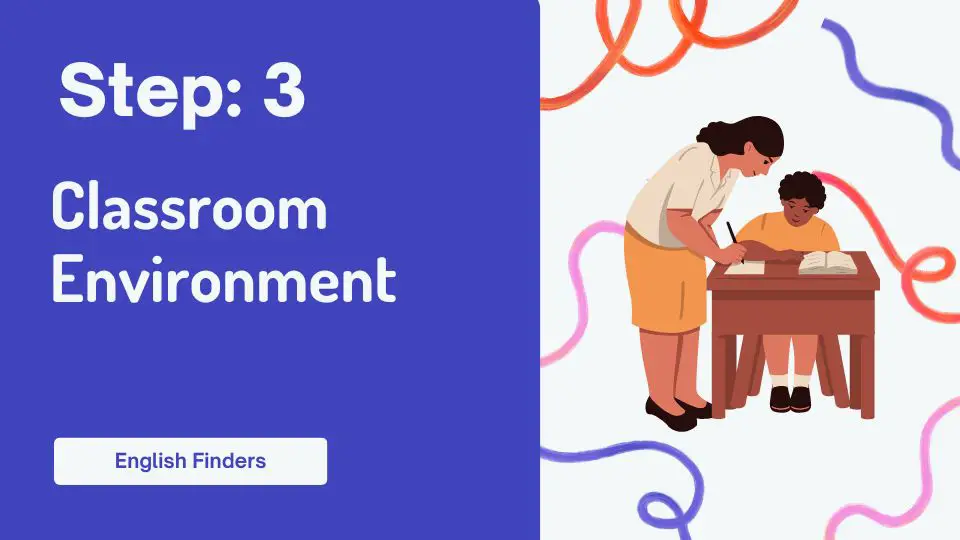
English teachers face particular difficulties and opportunities while working with English language learners (ELLs). ELLs may have weak English language skills, making it challenging to comprehend the lesson material and interact with their peers. As a result, it’s critical to establish a friendly, inclusive classroom environment where ELLs feel supported and at ease.
Using visuals and graphic organizers to assist in explaining concepts, delivering additional support through one-on-one instruction or small group work, and providing translation support in the student’s home language are all examples of strategies for helping ELLs. Also, it may be essential for ELLs’ academic achievement to modify lesson plans and instructional techniques to suit their needs.
To encourage ELLs to engage with the topic, English teachers may need to speak more slowly, use a more straightforward vocabulary, and include hands-on learning activities. Teaching ELLs requires cultural sensitivity as it can foster a welcoming environment and foster understanding among students from various origins. Using these techniques, English teachers can develop an inclusive classroom promoting ELLs’ academic and personal development.
4. Technology in the Classroom
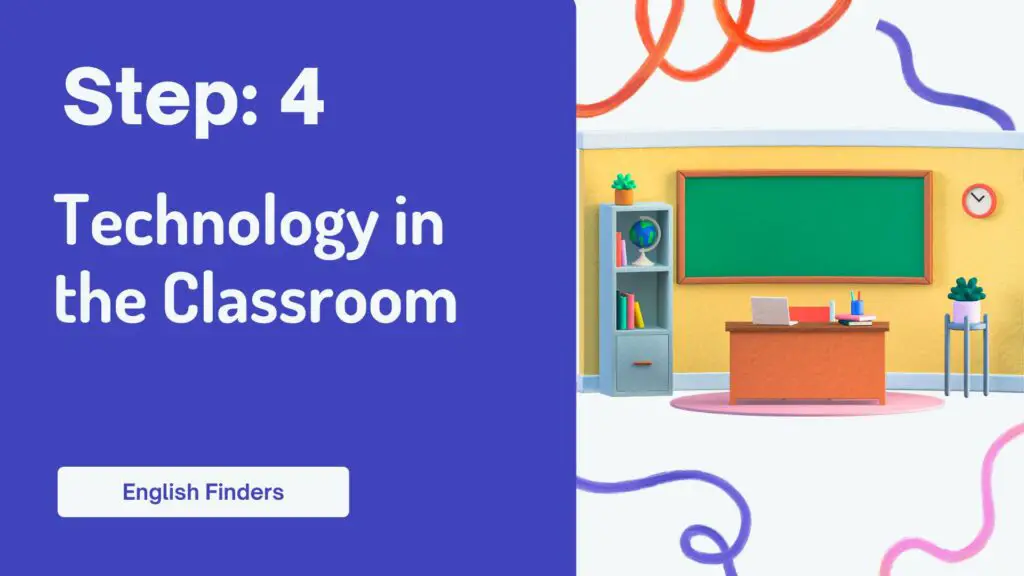
Technology has completely changed how we learn and teach, and English teachers can gain from using it in their classrooms. Many technologies and resources can improve teaching and learning, from digital textbooks and interactive whiteboards to multimedia projectors and online learning platforms. For instance, teachers can design interactive games and quizzes that engage students and help them solidify their comprehension of the subject matter using tools like Kahoot! or Quizlet.
Also, students may have access to additional learning materials outside of the classroom through digital textbooks and online tools like Grammarly and Duolingo. To show and communicate knowledge in novel and exciting ways, multimedia projectors and interactive whiteboards can also be employed, resulting in a dynamic and engaging learning environment.
However, it’s important to remember that technology shouldn’t replace conventional teaching techniques; instead, it should supplement them. In addition to supporting their class plans and learning objectives, English teachers should employ technology to foster students’ critical thinking and problem-solving abilities.
English teachers may create a more dynamic and engaging learning environment that aids students in developing crucial skills for the twenty-first century by embracing technology and implementing it into their instruction.
5. Assessment and Evaluation
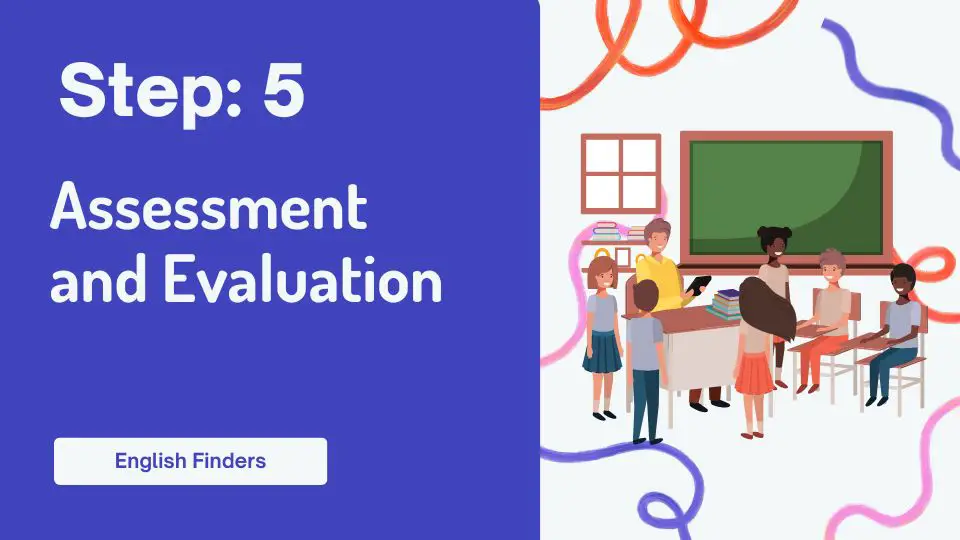
The assessment of student progress and the evaluation of teaching strategies are necessary aspects of teaching English. English teachers have a wide range of resources to evaluate and assess their pupils, from summative assessments like essays and standardized examinations to formative evaluations like exit tickets and quizzes.
Socrative illustrates a formative assessment tool since it enables teachers to design tests and polls that students can answer instantly. Tools like Turnitin can be used to prevent plagiarism and assure academic integrity for summative exams.
So far, it’s essential to keep in mind that tests shouldn’t be the only indicator of a student’s development because they might not fairly represent a student’s aptitudes or learning styles. To give a complete picture of a student’s learning and development, English teachers should also use different types of evaluation, such as portfolios or presentations.
Assessment and evaluation should also be used to guide instructional decisions, such as changing lesson plans or giving problematic students more support. English teachers may establish a learning environment that supports student performance and promotes personal growth by using assessment and evaluation well.
6. Professional Development and Networking
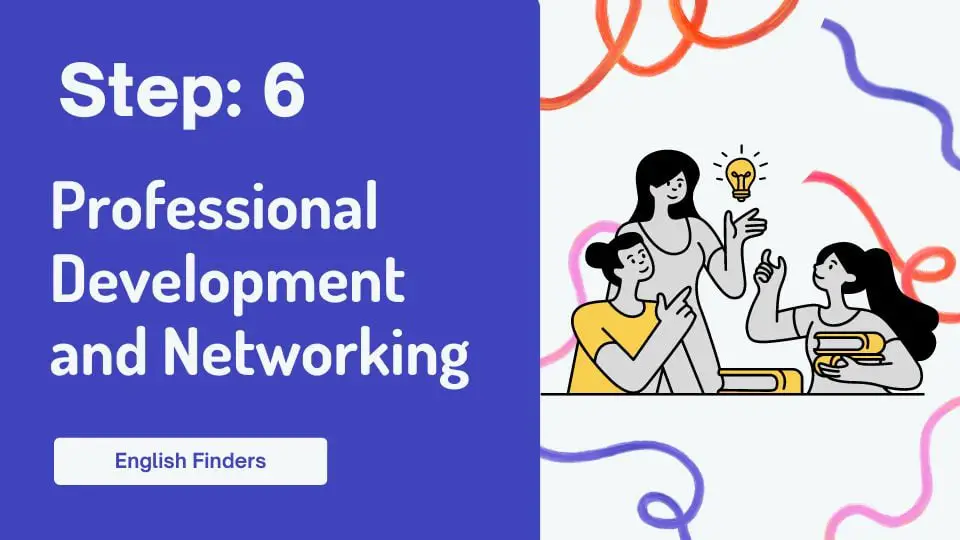
A successful English teaching career depends on professional development and networking. With networking, partnerships are formed, knowledge is shared, and professionals in the area are kept informed about the newest trends, best practices, and teaching methods for instructors. English teachers can access various professional development activities, including webinars, seminars, workshops, and online courses. For instance, the NCTE provides English teachers with various professional development opportunities and materials.
Attending conferences and workshops can allow you to network with other educators, share ideas and teaching methods, and learn from them. For English teachers, networking is crucial since it can result in employment prospects, group projects, and mentorships. Teachers can connect with other professionals in the industry through social media sites like Twitter and LinkedIn.
They can also join professional organizations like the NCTE and TESOL International Association to meet other educators who share their interests. English teachers can stay up to date on the most recent trends and advancements in the industry by participating in ongoing professional development activities and networking, forging connections, and creating opportunities for success.
7. Finding a Job and Building a Career

It may be difficult to find a job as an English teacher, but there are strategies you may employ to stand out and be successful in the field. Developing a strong professional network is an important strategy that can help you connect with businesses and job opportunities. Building your network can be accomplished by participation in conferences and seminars, affiliation with organizations like the National Council of Teachers of English (NCTE), and networking with other educators on sites like Twitter and LinkedIn.
Developing your teaching abilities and gaining real-world experience are vital additional strategies. Participating in teaching assistant programs, volunteering at nearby schools or community centers, or seeking extra credentials like the Teaching English as a Second Language (TESL) certification are all possible ways to do this. A good internet presence can also assist you in promoting your teaching abilities and developing your professional brand.
You can become a thought leader in your profession by keeping a blog or social media presence where you share teaching tools and suggestions. Last but not least, it’s critical to keep up with industry trends and advancements because standards and techniques for English teaching are continuously changing. You may keep current and continue to develop as a teacher by participating in ongoing learning and professional development activities.
Final Words
Dedication, passion, and continual study are necessary for success as an English teacher. English teaching is a difficult but rewarding job because it is crucial in helping students develop critical thinking and communication skills. It’s necessary to concentrate on gaining a thorough understanding of the language and its difficulties as well as teaching abilities, including lesson planning, classroom management, assessment, and evaluation, if you want to become a successful English teacher.
Three more key strategies for success in this industry include integrating technology into education, getting hands-on experience, and developing a solid professional network.
English instructors can benefit their students’ lives and have successful careers by adopting these strategies and continuing to study and develop.

Azizul Hakim is the founder & CEO of englishfinders.com. He is a passionate writer, English instructor, and content creator. He has completed his graduation and post-graduation in English language and literature.





